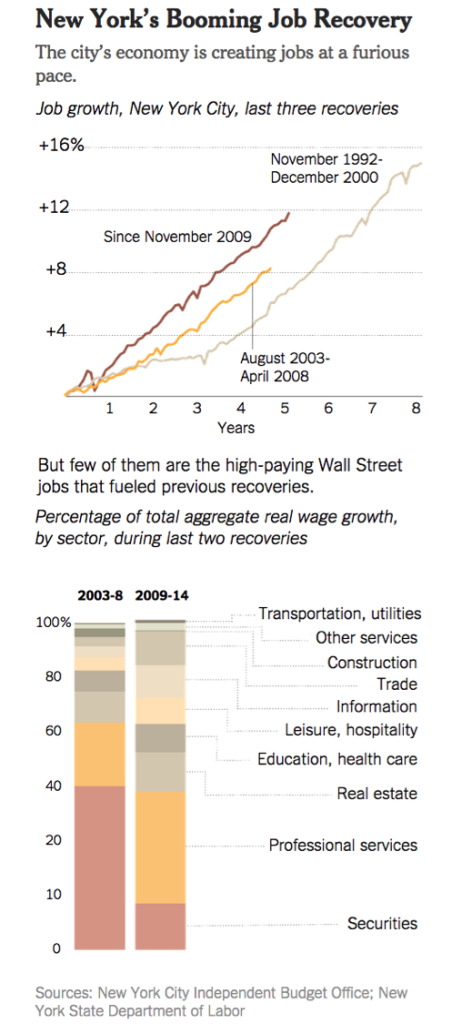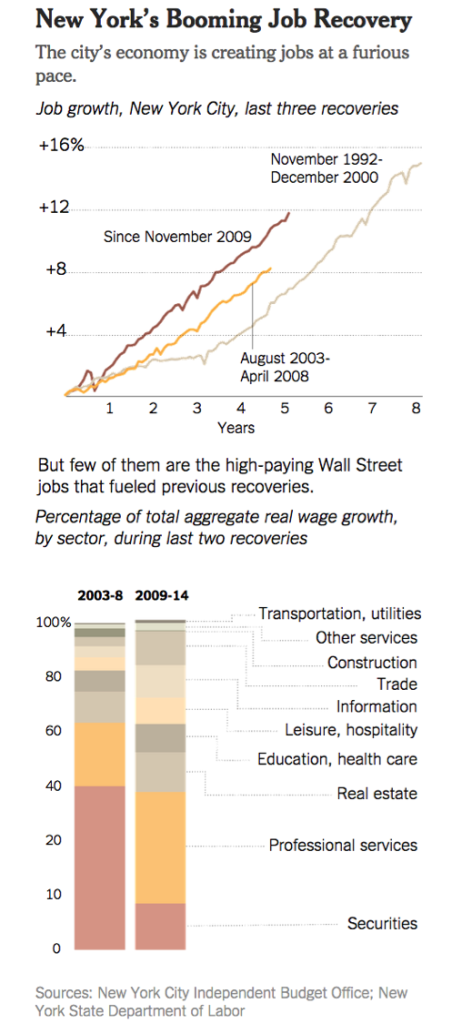 If there is something that worries in Spain – beyond political corruption – this is unemployment, especially among young people.
If there is something that worries in Spain – beyond political corruption – this is unemployment, especially among young people.
The Spanish case has many peculiarities, the rigidity of markets, investment in public works guided mostly by short-term electoral criteria that not only detract extremely necessary resources but also generate regressive cultural habits and advocate for monopolistic ways to compete, … Much has been written about this situation and more will be written without a doubt, elections are close and all this same year …
However, beyond the Spanish case, job creation is a big topic of discussion. Somehow, the Malthusian theories reappear every while with their message of inevitable job destruction because of technological advances – before was automation, now artificial intelligence and machine learning – together with the growing fate of population, better educated and hence with higher aspirations . However, despite the worst predictions we can witness how societies reinvent themselves after every crises employment “miraculously” recovers.
The really interesting question is therefore not whether we will survive the next reedition of the Malthusian fate – we certainly will – but how? From where will come job creation? This is the factor that changes from crisis to crisis and the earlier that we can guess it, the better that we can influence policies for job creation that spur growth instead of spending scarce public resources supporting sectors that won’t generate a significant growth in employment.

